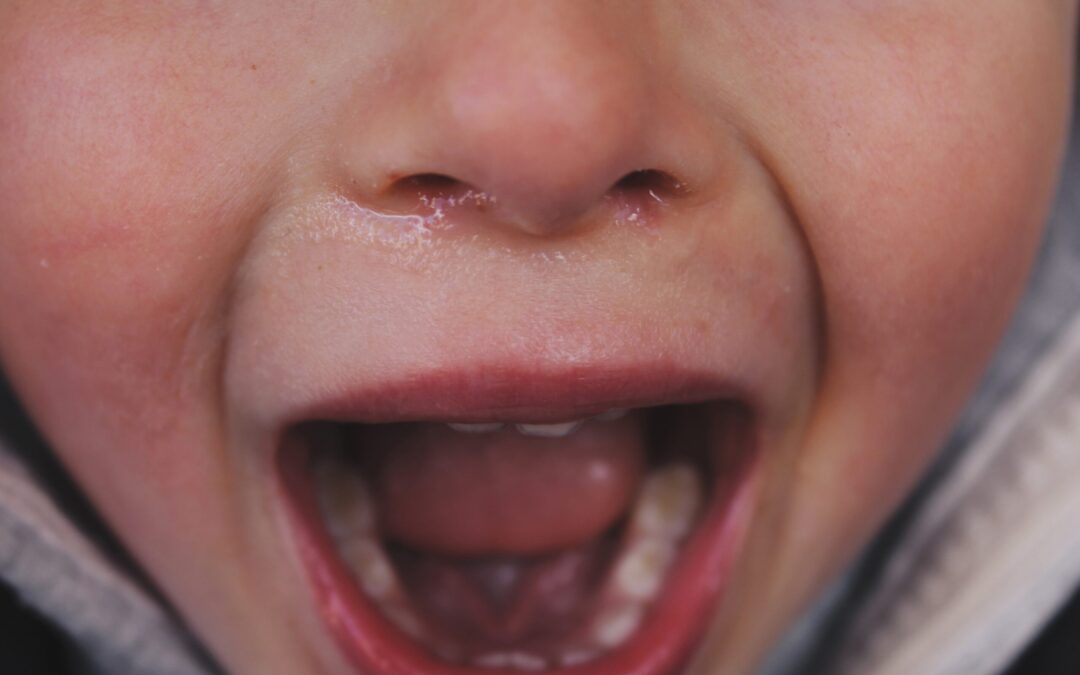There is a plethora of information out there regarding mood disorders of all kinds. The public is becoming more and more educated about panic disorder, generalized anxiety disorder, bipolar mood disorder, and the like. But what many people still do not realize is that these disorders are not limited to adults.
A child may experience similar mood disorders, as well. In fact, 7-14% of children will experience an episode of major depression before the age of 15. Out of 100,000 adolescents, two to three thousand will have mood disorders, out of which 8-10 will commit suicide. It is for this reason that the symptoms of mood disorders in children should attract special attention.
Symptoms of mood disorders in children include:
- Sadness
- Fatigue
- Despair
- Dejection
- Changes in appetite
- Loss of interest
- Difficulty sleeping
- Hopelessness
- Sense of inferiority
- Exaggerated guilt
- Feelings of incompetence
- Inability to function effectively
Many children might have one or two of these symptoms at one time or another but it is the presence of several symptoms for an extended period that indicates a mood disorder. There are three levels of mood disorder in children:
- Severe depression is present when the child has nearly all the symptoms and these symptoms almost always keep them from performing day to day activities.
- Moderate depression occurs when a person has many symptoms that often limit their regular activities.
- Mild depression is present when a child has some of the symptoms and it requires extra effort for them to do every day things.
If you or someone you know has a child who might be suffering from a mood disorder, it is important to seek help immediately. The mood disorder will be diagnosed through extensive interviews with the child and his or her caregivers. If a mood disorder is found, it is often treated through medication, psychotherapy, or a combination of the two.
For more information about Mood Disorders in children , diagnostic steps, and therapy for the condition in the Delray Beach, Florida area, contact The Center for Treatment of Anxiety Disorders at 561-223-6568 today.

